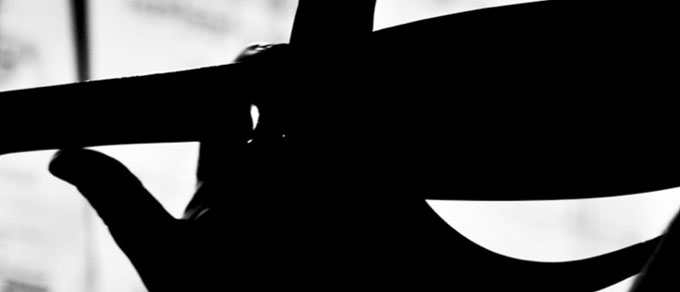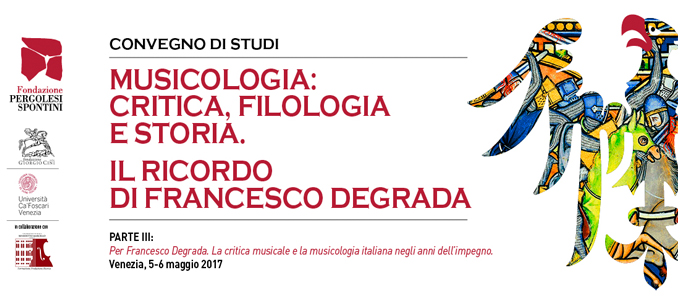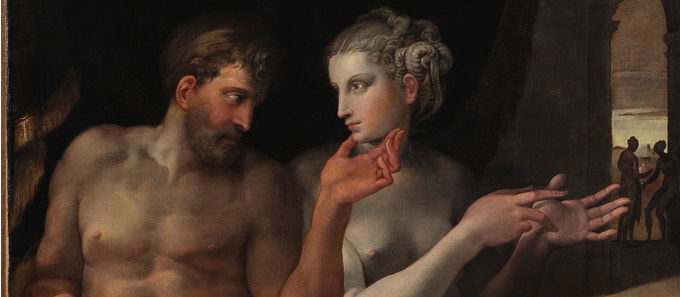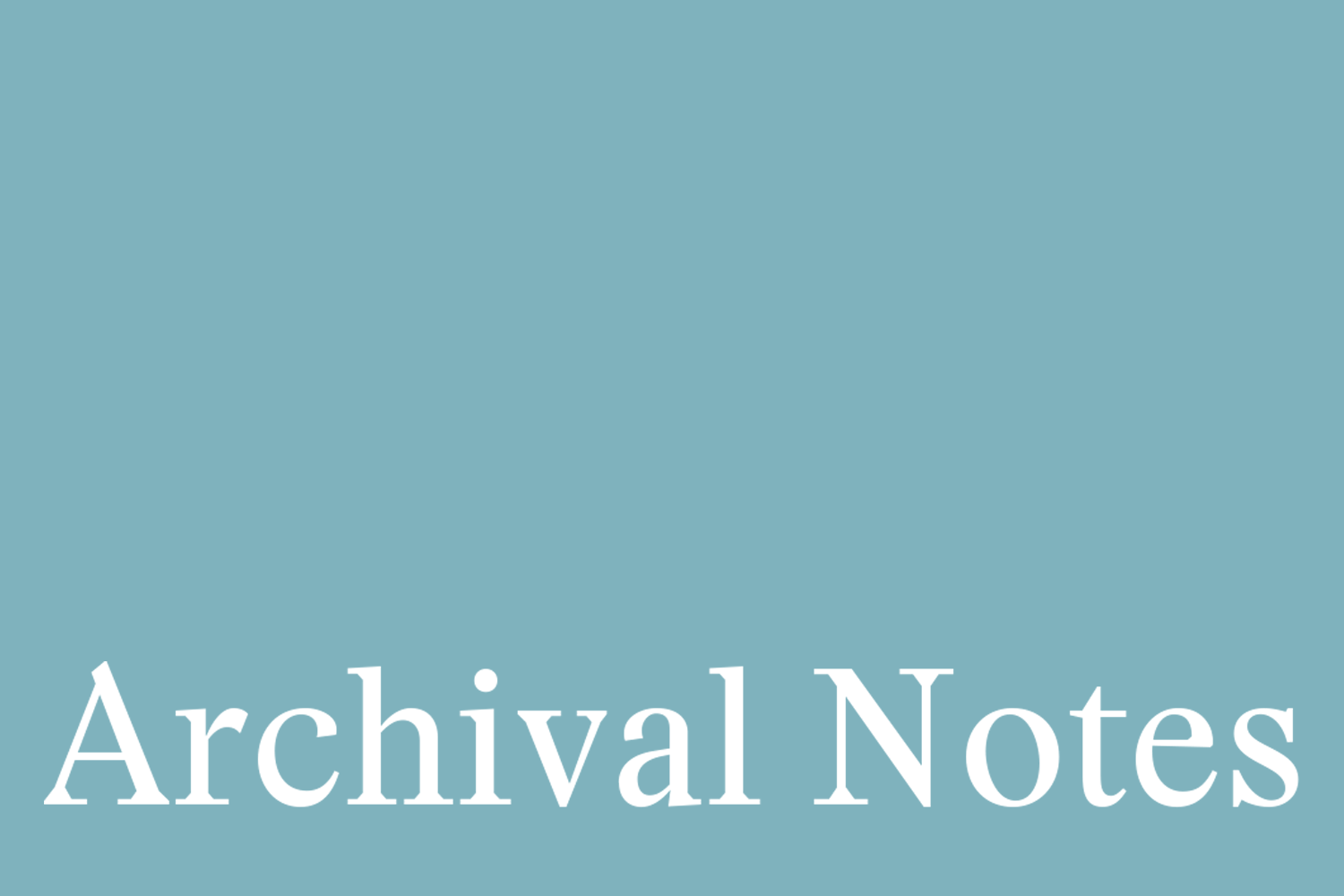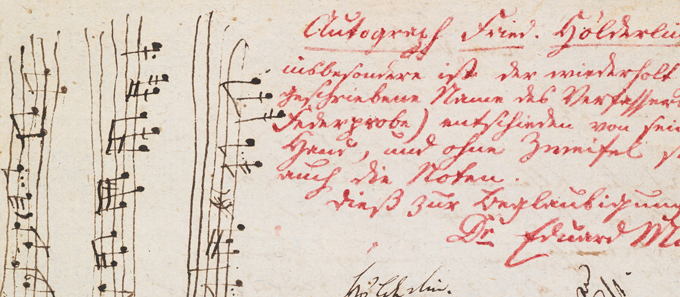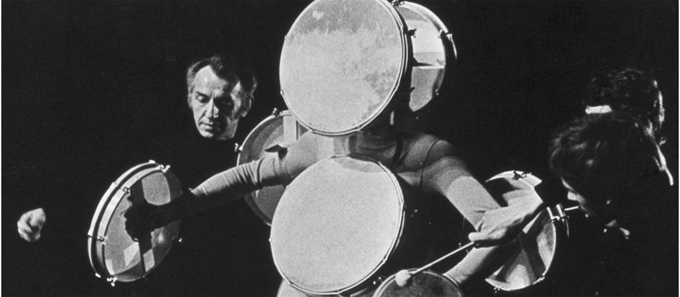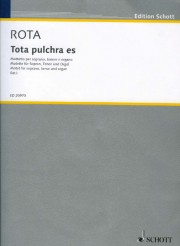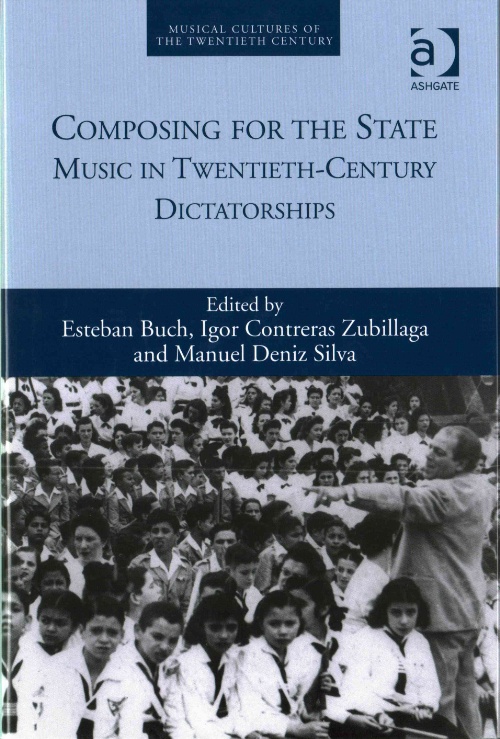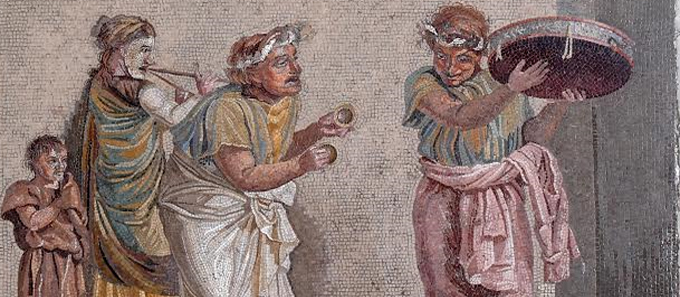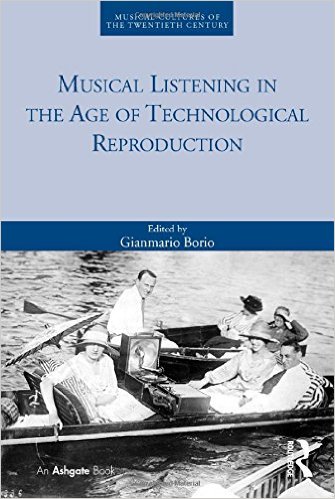This workshop follows on from the 2016 event entitled Research-led Performance. The aim is to
encourage collaboration between composers, musicologists, instrumentalists and sound technicians
to create performances based on a thorough study of musical structures, the sources of
compositional processes and documented historic performances. Jointly organised with the group
RepertorioZero and in collaboration with the Fondazione Isabella Scelsi, this year’s workshop is
devoted to amplified string instruments. Following a comparative study of Crumb’s Black Angels
quartet, there will be a first performance of Elohim for ten amplified bows by Scelsi, and a special
focus on the sources in the Institute of Music with the preparation of Oppo’s Amply for amplified
string instruments, and Romitelli’s quartet Natura morta con fiamme, while Frances-Marie Uitti
will explore some aspects of notations and performance techniques for the cello. A dozen string
players will be selected to take part in the workshop through a call for applications.
Successful applicants will be offered accommodation in the Branca Residence enabling them to follow all the stages in preparing for the performance. Among those involved in the workshop will be Alessandra
Carlotta Pellegrini, Pierre Michel, Ingrid Pustijanac, Giovanni Verrando and Alvise Vidolin.
Download the announcement of selection (deadline for enrolement 31 May 2017)
